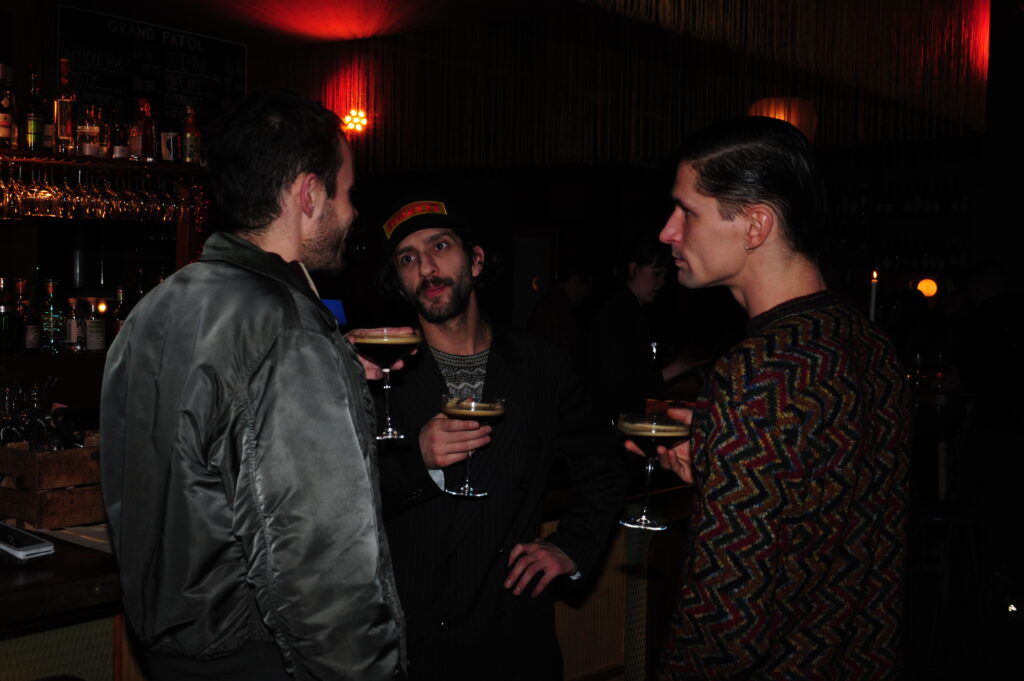VibeLab and Transversal Project joined forces in research for Malmö

This is what we found out.
Malmö is Sweden’s third largest city boasting the reputation as a cultural hub with notable demographic diversity and a history of grassroots nightlife. However, issues of social and employment exclusion persist in the city. The report, which features a feasibility study and visionary outlook for the future of Malmö, was conducted by VibeLab in collaboration with Transversal Project on behalf of the City of Malmö Department of Business and External Relations.
“I hope that this study serves as an inspiring first step in sparking conversations on how nightlife can promote Malmö’s continued growth while creating a safer and more sustainable city,” – Harald Stjerna, project manager for the City of Malmö
The report was produced using a combination of qualitative research methods including an in-person needs analysis focus group which generated community-driven insights into Malmö’s non-commercial nightlife.
The following three themes were identified during the needs analysis due to their importance and the present challenges that exist for the community:
- Space for nightlife is essential but it is limited. Without safe, accessible, and affordable venues, nightlife actors cannot thrive.
- Funding is viewed as an integral support for the nightlife industry but awareness of such opportunities is limited and seen as inaccessible, especially to younger members of the community.
- Capacity building through skills sharing and meaningful engagement between the city and its nightlife community are both needed to enhance trust and understanding.

The report concludes with key findings related to the future aspirations of nightlife in Malmö and spotlights good practices from other cities around the globe. Discover more insights into Malmö’s nightlife through the full report.
Stay tuned!
The network of cities contributing their experiences and knowledge to nighttime governance is growing, regardless of their size or global positioning.
